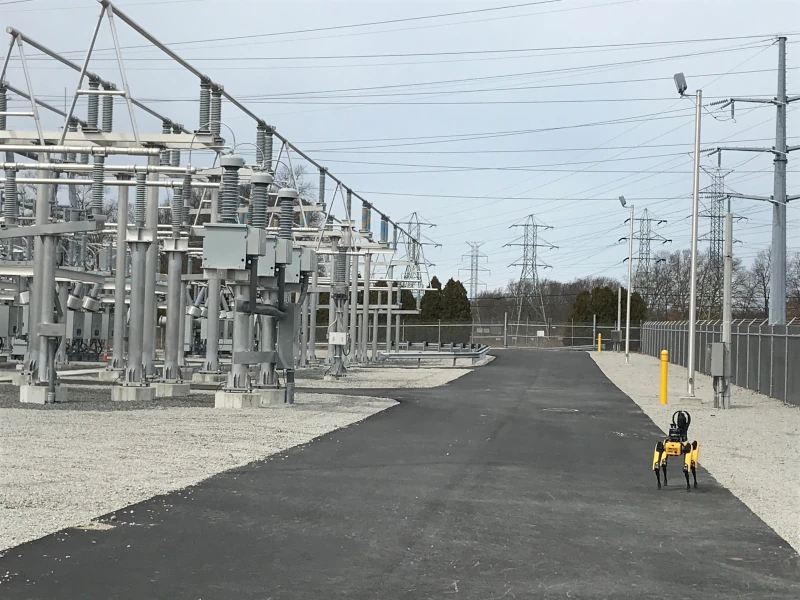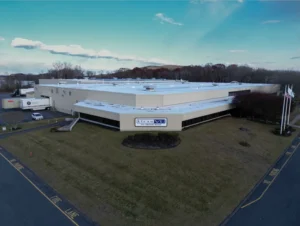Small Business
Solar Energy for
Fall River Massachusetts
Reduce or Stop Paying NatGrid
Save Thousands $$
Reinvest in Your Core Business
With Years of Savings

Small Business Statistics
According to the U.S. Small Business Association (SBA), 99.5% of Massachusetts businesses qualify as a small business. They employ nearly 44% of all workers in the state.
The South Coast of Massachusetts has a diversified small business employment base and Fall River businesses employ nearly 50,000 people.
According to U.S. Census data, the combination of health care and social assistance, retail, manufacturing, and general business and management employ nearly 49% of all workers in the area. Solar energy provides a great competitive cost reduction opportunity for each of those industries.

Fall River Electricity Costs
The US Energy Information Administration (EIA) collects a wide range of energy data to analyze and distribute information. The goal is to promote sound policymaking and effective markets, and to help the public understanding of energy and its interaction with the economy.
Fall River small business customers reportedly pay from $0.237 to $0.31 per kWh. On average, business pays about $0.269 per kWh in the town.
Although the Fall River average rate is slightly lower than the Massachusetts state average, local National Grid customers are paying the 5th highest rates in the U.S.
Solar Energy Savings
A solar energy investment in Fall River is your best option to significantly reduce your electricity costs and give your small business an additional competitive edge.
Small businesses can save as much as $13k each year at today’s rate.
Cut or Eliminate Your Electricity Bill
Massachusetts electric utilities are required to support net metering. Net metering is a billing method where the solar energy system owner is given credit for excess solar generated electricity sent back to the grid. Your business saves by offsetting electricity purchased from the utility on sunny days plus using your net metering credits at other times.
Reduce Your Federal Income Taxes
Your business can also use the federal 30% Investment Tax Credit (ITC), in one year or across multiple years until fully credited. All solar energy expenses are included. When annual savings and incentives are combined, you can save tens or hundreds of thousands of dollars over the lifetime of the solar energy system.
Massachusetts Solar Incentives
Solar energy equipment is completely exempt from sales and use tax in Massachusetts.
Swansea businesses may claim a state income tax credit worth 15% of total solar installation cost, up to $1,000
Example Fall River Business Types




Consider Adding Public Access EV Charging
Adding public access EV chargers can enhance your business by creating new motivations to stop and shop or buy your products and services. Studies show solar plus EV charging make even more positive impressions on the public at large, enhancing their view of your environmental proaction.
Get a Quick Free Assessment
